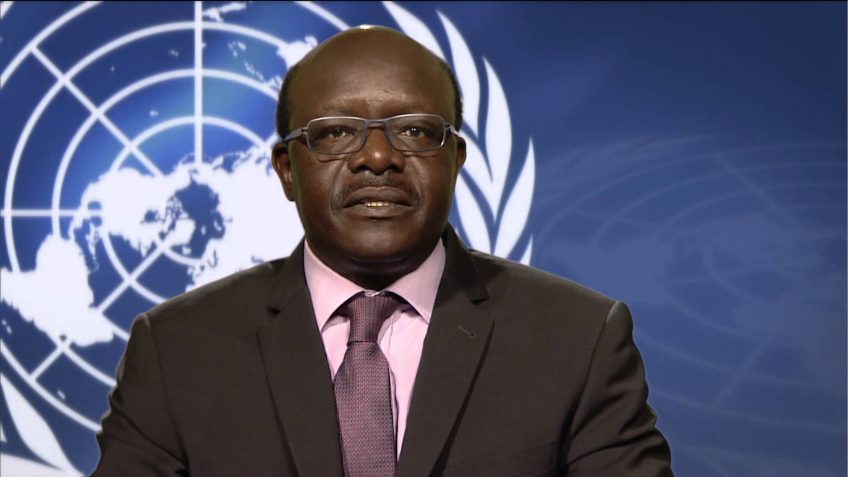Tax Evasion Costs Morocco Over $521 Million Annually
Tax evasion has robbed African countries of billions of dollars that could have been deployed to tackle infrastructural decay and poverty across the continent. This was made known by a new report from a nongovernmental organization, Global Alliance for Tax Justice. According to the Report, the African country with the highest losses from corporate tax evasion is Nigeria, losing $10.57 billion per year. Following are South Africa ($2.71 billion), Egypt ($2.12 billion), and Angola ($2.05 billion). Sudan loses $644 million, Kenya $502.4 million, Mozambique $452 million, Morocco $451 million, Algeria $434.75 million, and Ethiopia $362.66 million.

Of all the countries in Africa that has been experiencing heavy losses through tax evasions, Morocco is on number eight with a cumulative loss value of $521,534,833 annually. The group in their 2020 report on global tax evasion notes that of this sum, Morocco loses $69,923,248 to offshore tax evasion.
Read also:Madagascar Reduces Internet And Telecoms Tax From 10% To 8% In 2021 Finance Law
With offshore wealth amounting to only $3.7 billion, Morocco accounts for 0.0% of global offshore wealth. Its offshore wealth represents 3.1% of GDP. Revenue loss from untaxed offshore wealth, however, amounts to $69.9 million. Morocco also loses $451,611,585 per year to corporate tax evasion, giving the country the eighth-highest corporate tax loss in Africa.
While Morocco loses more to corporate tax evasion than Algeria, it does not inflict any loss on other countries by enabling corporate tax abuse, according to the report. In contrast, Algeria inflicts $550,339,691 in tax loss on other countries by enabling corporate tax abuse, even greater than Nigeria, which is responsible for $112,521,003 in lost corporate taxes.
Read also:East Africa Set To Launch A Common Digital Tax Regime In The Region
Given the global COVID-19 pandemic, the NGO emphasized where these lost corporate tax resources could have been spent. The report calculates Morocco’s corporate tax loss as adding up to 20.24% of its public health budget. The loss could alternatively cover the average salaries of 130,186 nurses.
The report ranks Morocco as the 72nd biggest enabler of tax evasion and financial secrecy in the world. In the top spots are the Cayman Islands, the United States, Switzerland, and Hong Kong. Morocco’s most vulnerable trading channel — the channel through which the country is most vulnerable to illicit financial flows — is outward foreign direct investments. The report considers vulnerability as the “average financial secrecy level of all partners with which the country trades with or invests in for that channel, weighted by the volume of trade or investment each partner is responsible for.”
Read also:Ecobank Group Empowers Women Businesses With Ellevate
Morocco’s trading partners with the most responsibility for this vulnerability are France (44%), Mauritius (8.9%), and Luxembourg (8.7%).
Kelechi Deca

Kelechi Deca has over two decades of media experience, he has traveled to over 77 countries reporting on multilateral development institutions, international business, trade, travels, culture, and diplomacy. He is also a petrol head with in-depth knowledge of automobiles and the auto industry



